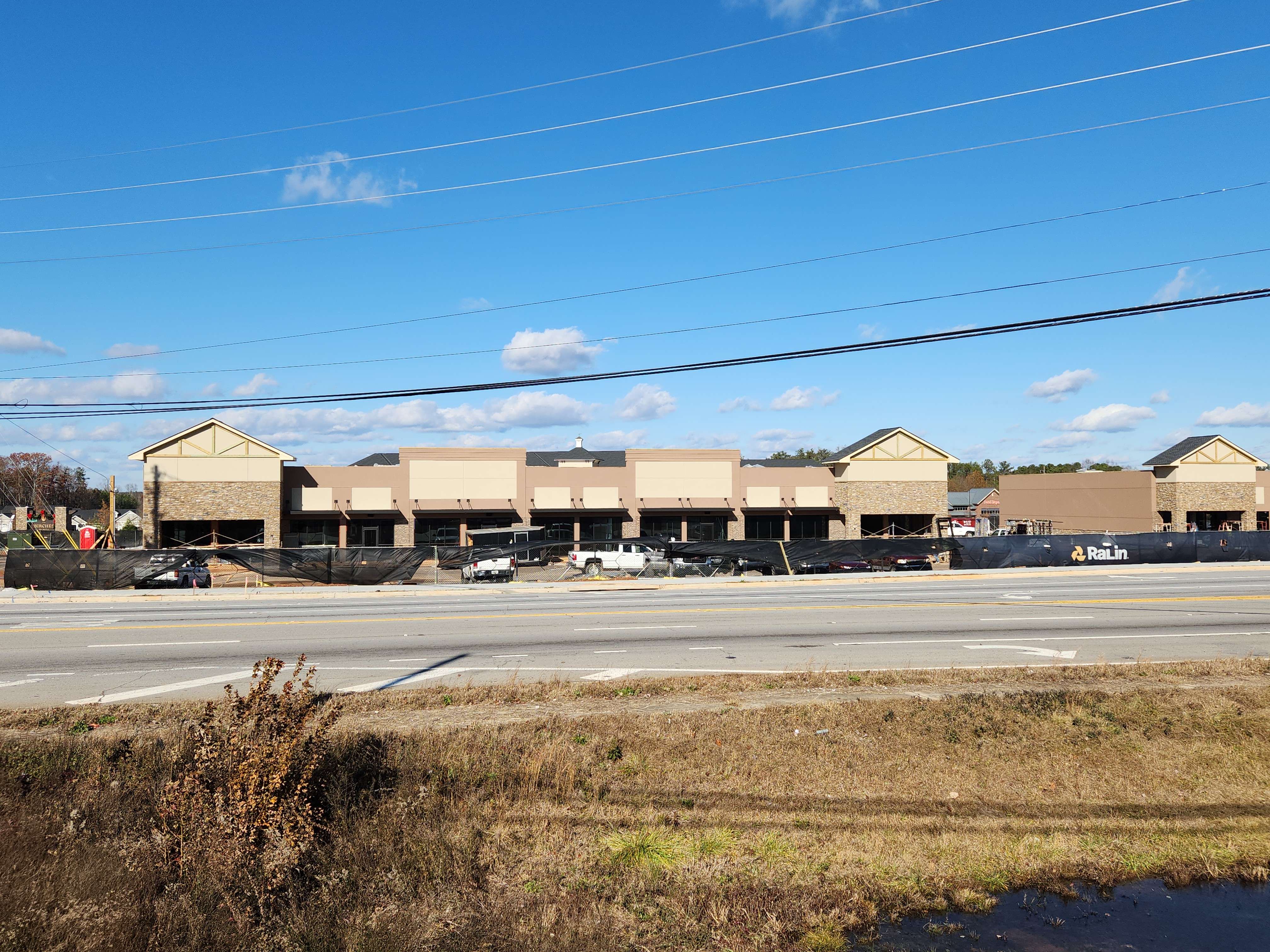
Construction is progressing on a project building two Reduced Conflict U-Turns (RCUTs) on State Route 61 in Villa Rica. The RCUTs will improve traffic safety along the route once the project is complete.
The RCUT at the intersection with Commerce Drive will be controlled by a stop sign for traffic turning right on to SR 61. The other RCUT will include a left turn traffic signal to permit traffic from SR 61 to turn left on to Meadowlark Drive.
RCUTS enhance safety at an intersection by allowing traffic from the side road to only turn right instead of also permitting traffic to turn left across the main road. Vehicles that want to turn left can take a U-turn at the next intersection.
“RCUTs significantly lower the rate of serious wrecks by eliminating those dangerous left turns,” said Georgia Department of Transportation District Six Traffic Engineer Christopher Raymond. “State Route 61 is a major route and this project will make it safer for motorists.”
The $1.14 million project is about 11 percent complete, and it’s expected to finished next summer. According to GDOT statistics, an RCUT has only 14 conflict points compared to a conventional intersection. Additionally, RCUTs improve traffic flow from the side road because vehicles can only turn right so traffic doesn’t back up waiting to turn left or go straight.
“We are increasingly utilizing RCUTs to improve safety at non-signalized intersections,” Raymond said. “We want to make Georgia’s roads safer while also making sure traffic is moving efficiently.”
Advisory: Motorists are advised to expect delays, exercise caution, and reduce their speed while traveling through work zones. Before heading out, get real-time information on work status and traffic conditions. Call 511, visit 511ga.org, or download the Georgia 511 app. Our maintenance team members who repair roads and bridges and our project teams who oversee construction projects are continuing their essential work, while following sanitary work practices prescribed by health agencies to protect themselves and the public from the coronavirus, as are most state DOTs in the U.S.





